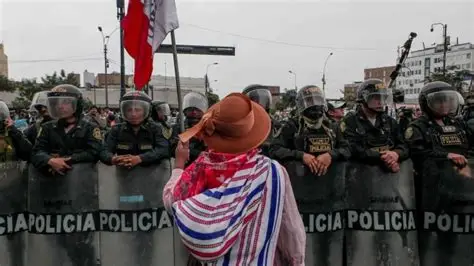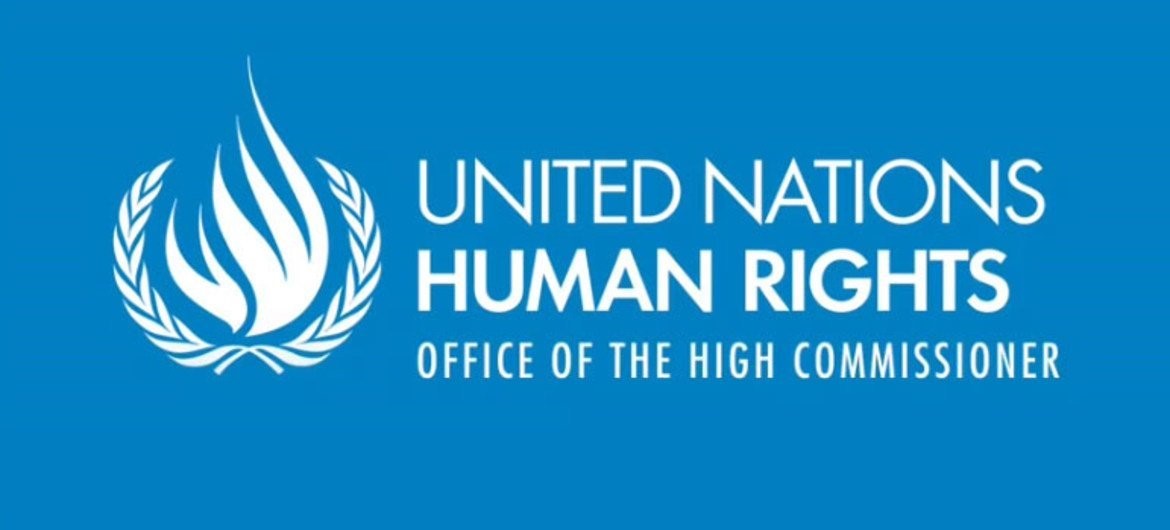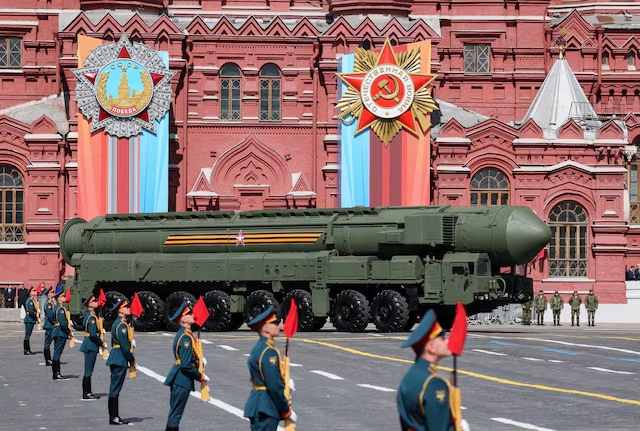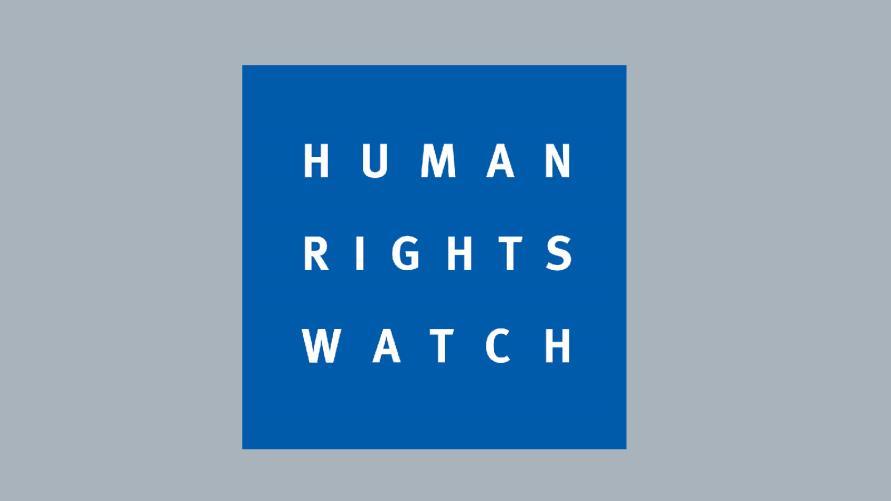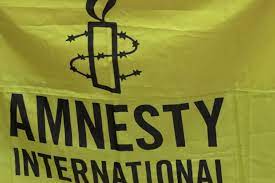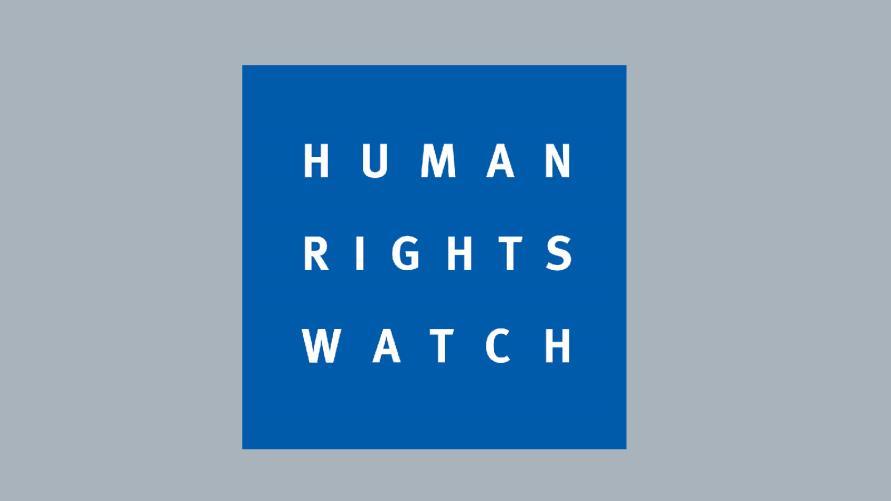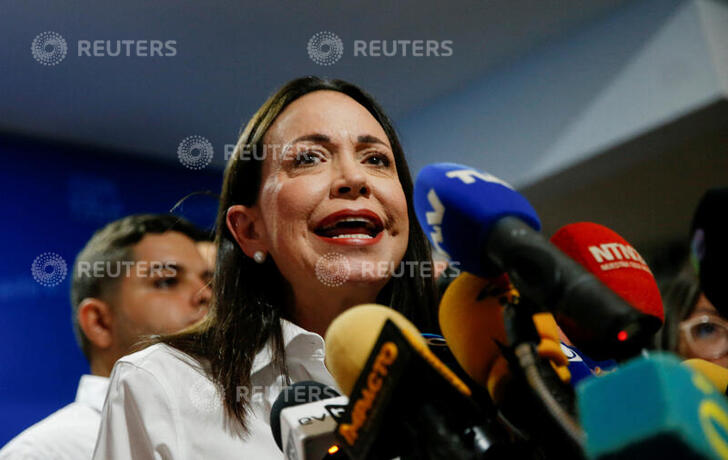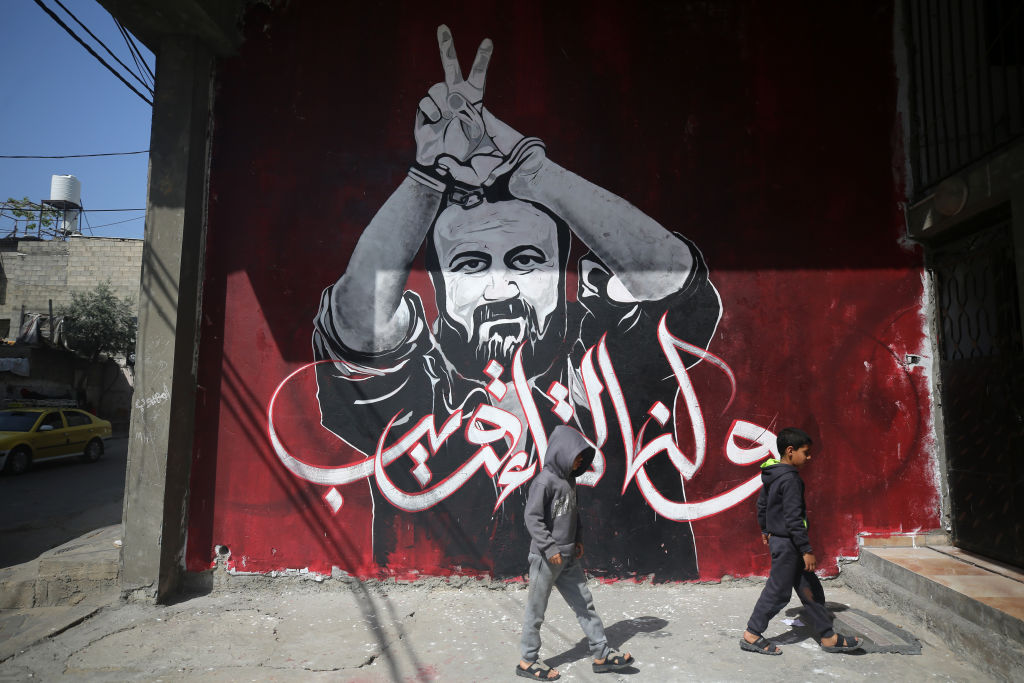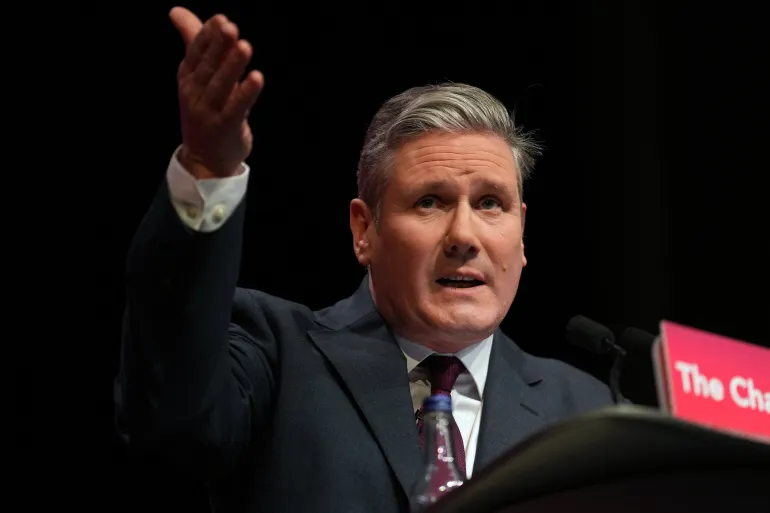Q&A: Yasmin Sooka on Report of Commission on Human Rights in South Sudan

– Mia Swart
The Commission on Human Rights in South Sudan released its latest report on Sunday. The Commission was established by the UN Human Rights Council on 23 March 2016 by UN Resolution 31/20. The mandate of the Commission was to report the facts of and preserve evidence of violations of human rights in South Sudan with a view to ending impunity.
The Commission found that ten years after independence, staggering levels of violence continue and threaten to spiral out of control across several regions in the country.
The Chair of the Commission, Yasmin Sooka, a South African human rights activist and executive director of the Foundation for Human Rights, spoke to Al Jazeera about the findings of the Commission:
Al Jazeera: What were the greatest challenges in carrying out the investigative part of the Commission’s mandate.
Yasmin Sooka: The greatest challenges for 2020 have been the impact of the COVID pandemic and the lockdown restrictions as this affected my team’s ability to travel across South Sudan. So, we have to adapt quite quickly to doing online remote investigations until around September and from that point onwards, split the team into groups so that they could visit the hot spots in South Sudan i.e., Central Equatoria, Jonglei, Warrup States and the Greater Pibor area.
Thankfully we were through our extensive network with civil society able to do remote investigations particularly on the securitization of the state and the increasing role played by the NSS in the onslaught on fundamental freedoms including enforced disappearances.
The team was able to go to the hotspots and able to gather detailed evidence on the localized conflict
Al Jazeera: What was your relationship with the South Sudanese government?
Yasmin Sooka: An element of our mandate involves providing technical assistance particularly on the transitional justice issues. In this context we have had regular online meetings with the Office of the Minister of Justice, Minister of Gender Affairs and other ministers whose work is aligned to ours. We have also had regular briefings with the African Union Ambassador based in Juba, UNMISS, RJMEC as well. In this context we provided an extensive briefing note on how to implement Chapter V-we believe that this can constitute a roadmap and pathway to building sustainable peace.
Al Jazeera: Do you expect that the recommendations included in the report will be carried out? How likely is enforcement?
Yasmin Sooka: We live always in hope that the recommendations will be implemented and will engage with all of the parties on how to achieve this. We also will suggest to the core group that the recommendations also become part of the indicators that the government should meet to show progress
Al Jazeera: In which ways can a report such as this contribute to accountability?
Yasmin Sooka: Accountability is achieved by addressing impunity and also building a culture of change in the country. South Sudan currently stands at great risk as we said in our report as the violence at localized level threatens to destabilize the whole country. The violence and the violations that are perpetrated is happening because of impunity and the knowledge that the government is unable to take action against those who are responsible. This coupled with the lack of governance structures and the competition for resources and territory are fueling the violence.
The Revitalized Agreement, if implemented, has the capability to deal with all of these faultlines It has through its provisions provided for security sector reform and governance including the need to establish representative state structures at every level. Our recommendations make the point that the Revitalized Government of National Unity needs to establish these institutions including the legislature and appoint the necessary officials to all of the state structures including governors, county commissioners etc. Then we need the government to attend to the DDR programmed and to disarm civilians and militias in the country. Chapter 5 is critical to establish the Hybrid Court and the Commission on Truth, Healing and Reconciliation.
All of these instruments if established are critical to building accountability as they signal a warning that impunity will not be tolerated. This is necessary to build sustainable peace.
- Most Viewed
- Most Popular


